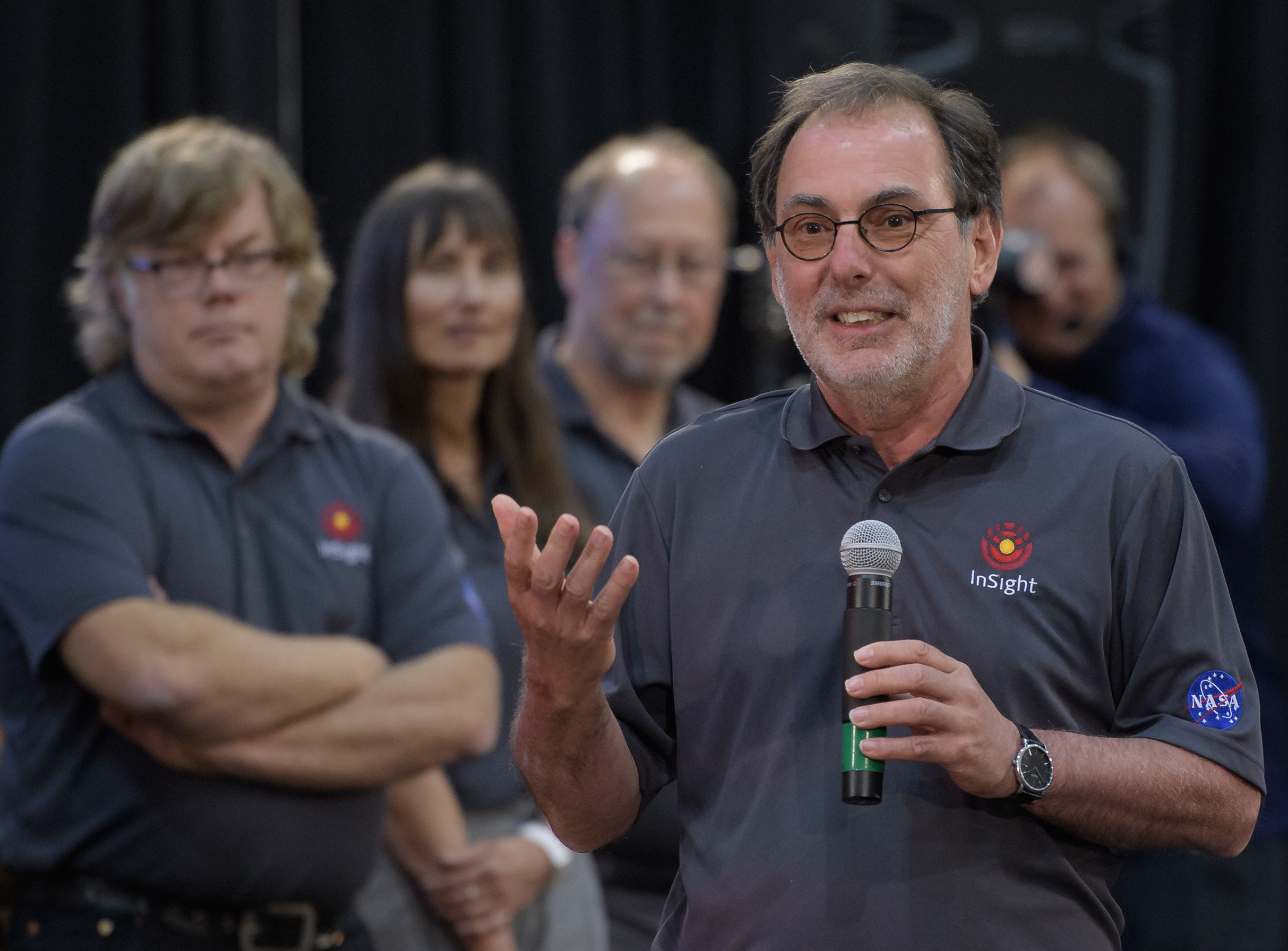Mars is the next big target for manned space travel. There could be traces of earlier life here, perhaps even active microorganisms in the soil. Some even think about a future colonization of Mars, possibly as an alternate home for Earth inhabitants.
A journey to Mars is dangerous and lengthy, even for today’s astronauts. Therefore one wants to explore Mars in advance with robotic missions in the best possible way. Space-faring nations have sent a number of missions to Mars, including satellites that have mapped the surface from orbit and explored the Martian climate. An even greater adventure is to land on the planet and deploy instrumentation or even take excursions in vehicles and helicopters.
The speaker will give a first-hand account of this and of his attempt to penetrate the Martian soil with the help of a probe – affectionately known as a mole by the DLR team. This involved two years of working with millimeter precision using a robotic arm that was not intended for such fine work. An outstanding example of teamwork, without which space research would not be possible.
The lecture is part of the conference “(Exo)Planet Diversity, Formation and Evolution”.
More details here.

